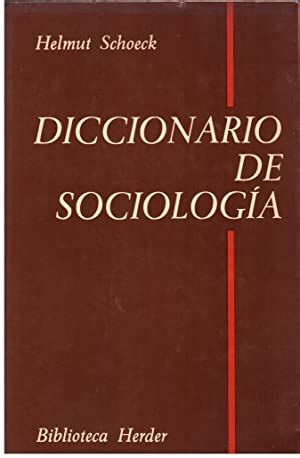A Quote by Gautama Buddha
He who has renounced all violence towards all living beings, weak or strong, who neither kills nor causes others to kill - him I do call a holy man.
Related Quotes
At the still point of the turning world. Neither flesh nor fleshless; Neither from nor towards; at the still point, there the dance is, But neither arrest nor movement. And do not all it fixity, Where past and future are gathered. Neither movement from nor towards, Neither ascent nor decline. Except for the point, the still point, There would be no dance, and there is only the dance.
In what is seen, there should be just the seen; In what is heard, there should be just the heard; In what is sensed, there should be just the sensed; In what is thought, there should be just the thought. He should not kill a living being, nor cause it to be killed, nor should he incite another to kill. Do not injure any being, either strong or weak in the world.
Wine makes a man better pleased with himself. I do not say that it makes him more pleasing to others. Sometimes it does. But the danger is, that while a man grows better pleased with himself, he may be growing less pleasing to others. Wine gives a man nothing. It neither gives him knowledge nor wit; it only animates a man, and enables him to bring out what a dread of the company has presented.



























